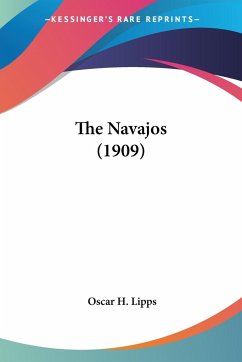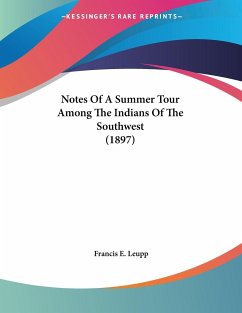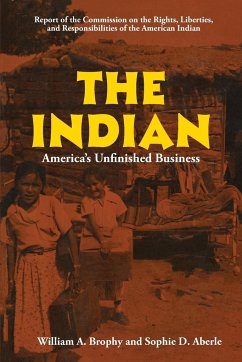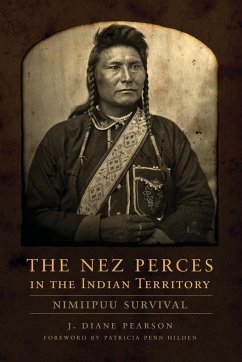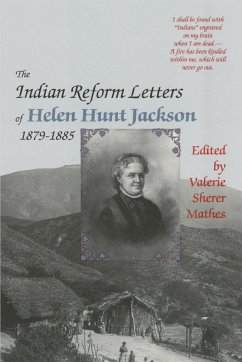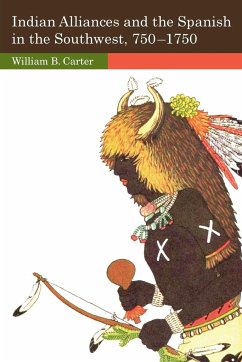
Indian Alliances and the Spanish in the Southwest, 750-1750
Versandkostenfrei!
Versandfertig in 1-2 Wochen
30,99 €
inkl. MwSt.

PAYBACK Punkte
15 °P sammeln!
When considering the history of the Southwest, scholars have typically viewed Apaches, Navajos, and other Athabaskans as marauders who preyed on Pueblo towns and Spanish settlements. William B. Carter now offers a multilayered reassessment of historical events and environmental and social change to show how mutually supportive networks among Native peoples created alliances in the centuries before and after Spanish settlement. Combining recent scholarship on southwestern prehistory and the history of northern New Spain, Carter describes how environmental changes shaped American Indian settleme...
When considering the history of the Southwest, scholars have typically viewed Apaches, Navajos, and other Athabaskans as marauders who preyed on Pueblo towns and Spanish settlements. William B. Carter now offers a multilayered reassessment of historical events and environmental and social change to show how mutually supportive networks among Native peoples created alliances in the centuries before and after Spanish settlement. Combining recent scholarship on southwestern prehistory and the history of northern New Spain, Carter describes how environmental changes shaped American Indian settlement in the Southwest and how Athapaskan and Puebloan peoples formed alliances that endured until the Pueblo Revolt of 1680 and even afterward. Established initially for trade, Pueblo-Athapaskan ties deepened with intermarriage and developments in the political realities of the region. Carter also shows how Athapaskans influenced Pueblo economies far more than previously supposed, and helped to erode Spanish influence. In clearly explaining Native prehistory, Carter integrates clan origins with archeological data and historical accounts. He then shows how the Spanish conquest of New Mexico affected Native populations and the relations between them. His analysis of the Pueblo Revolt reveals that Athapaskan and Puebloan peoples were in close contact, underscoring the instrumental role that Athapaskan allies played in Native anticolonial resistance in New Mexico throughout the seventeenth century. Written to appeal to both students and general readers, this fresh interpretation of borderlands ethnohistory provides a broad view as well as important insights for assessing subsequent social change in the region.






